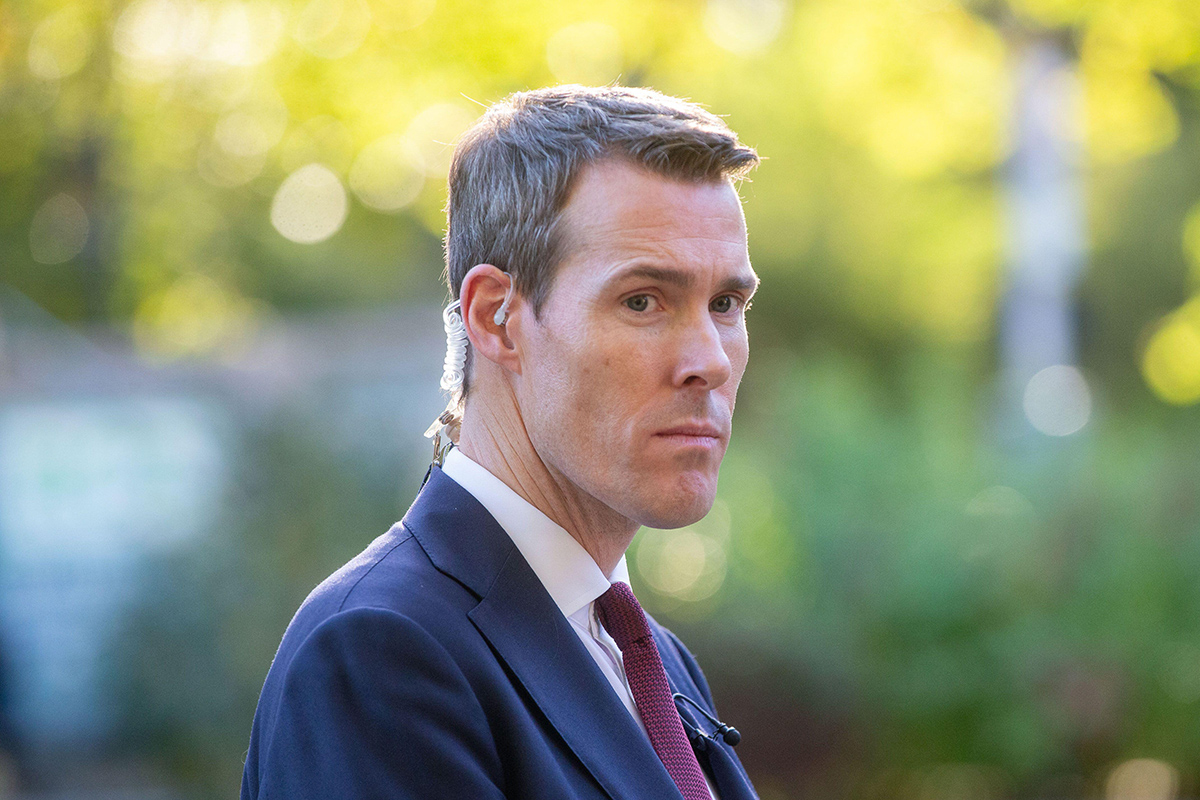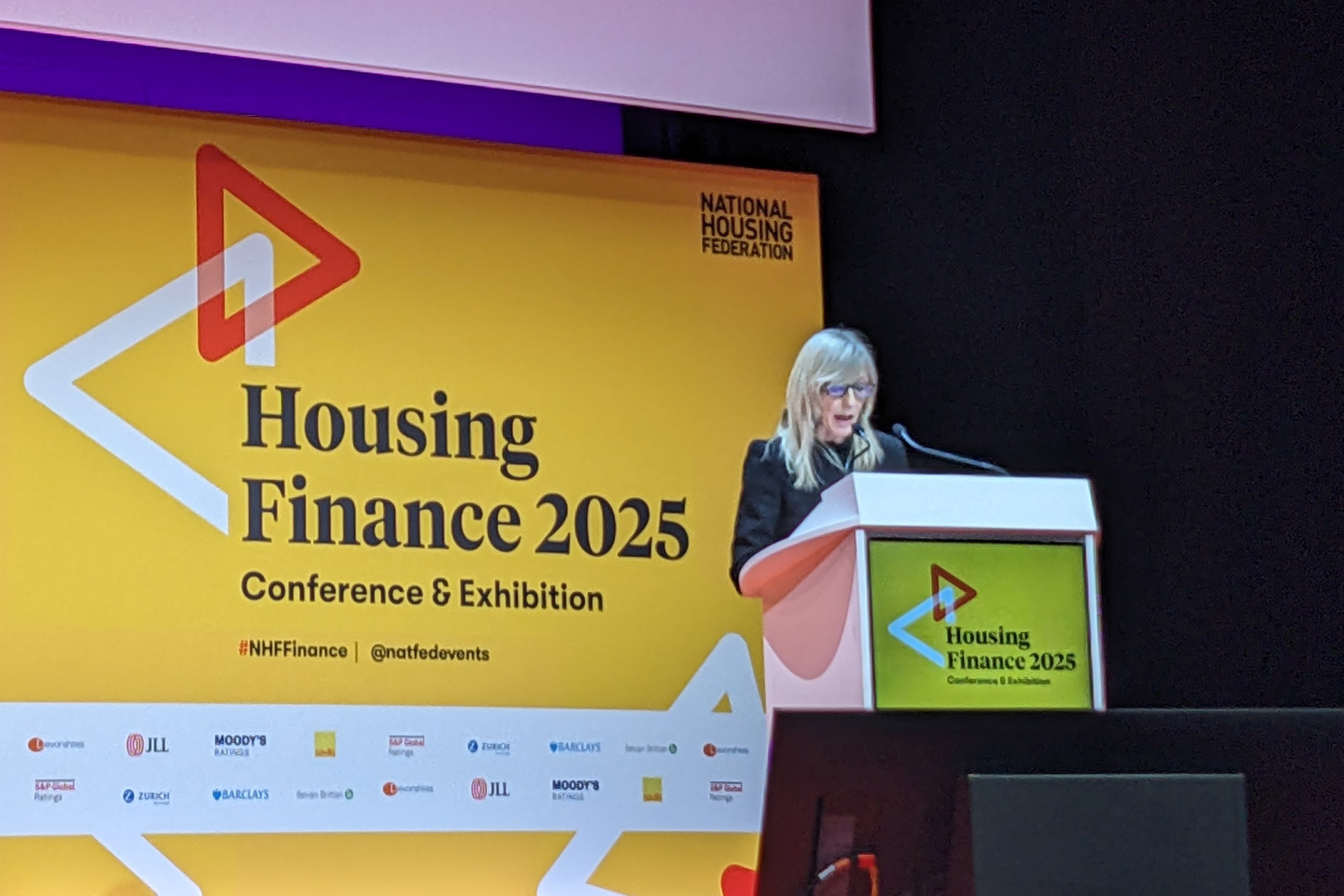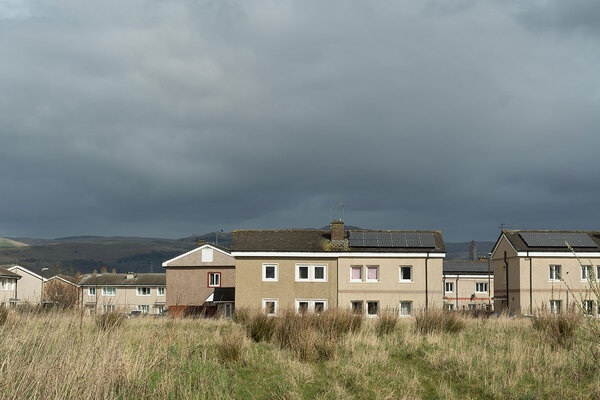Service charges in 2025 – what does the crystal ball have in store?
Douglas Rhodes, a partner at law firm Trowers & Hamlins, looks at what the government’s upcoming leasehold reforms will mean for social housing providers next year
2024 has been a year to forget for social landlords insofar as service charges are concerned, with rising levels of discontent and adverse press coverage resulting from some very substantial cost increases.
The reasons for those cost increases are varied, from rising energy and building insurance costs, to new building safety duties.
Against that backdrop, it is unsurprising that the housing minister’s recent announcement on leasehold reform included a promise to implement the service charge provisions contained in the Leasehold and Freehold Reform Act 2024 “at pace”, as well as further consultations on “making it easier to challenge unreasonable service charge costs”.
So, how will these changes impact social landlords in 2025?
The government has already opened a consultation on banning insurance commissions from being included in the service charge, to be replaced with a fair, transparent fee. The insurance consultation is open until 24 February 2025 and is likely to be uncontroversial so far as social landlords are concerned.
The next anticipated phase will be far more significant, as the government is due to consult on proposals to implement the Leasehold and Freehold Reform Act 2024.
This includes changes to the standard form of service charge demand, the introduction of a new mandatory form of service charge accounts and annual report, as well as the right for leaseholders to request specific types of information (eg building surveys and underlying service contracts).
It will be important for social landlords to engage in this consultation, particularly to ensure that any final form of service charge accounts and annual report fits with the splintered chain of ownership and control that is present on many housing developments, where the housing association may lack control over the delivery of services, as it has taken a single social housing block as part of the planning requirements.
With all this change on the horizon, not to mention the abolition of leasehold and its replacement with commonhold, 2025 is likely to be a year of change.
Given the financial risks of non-recovery of service charge expenditure, social landlords will wish to ensure that the government’s consultations do not overlook the particular challenges faced by social housing providers.
Douglas Rhodes, partner, Trowers & Hamlins
Sign up for Social Housing’s comment newsletter
New to Social Housing? Click here to register and sign up to our comment newsletter
The comment newsletter brings you a fortnightly selection of specialist opinion, guidance, and political and economic commentary, from a unique range of leading experts.
Already have an account? Click here to manage your newsletters.
RELATED










